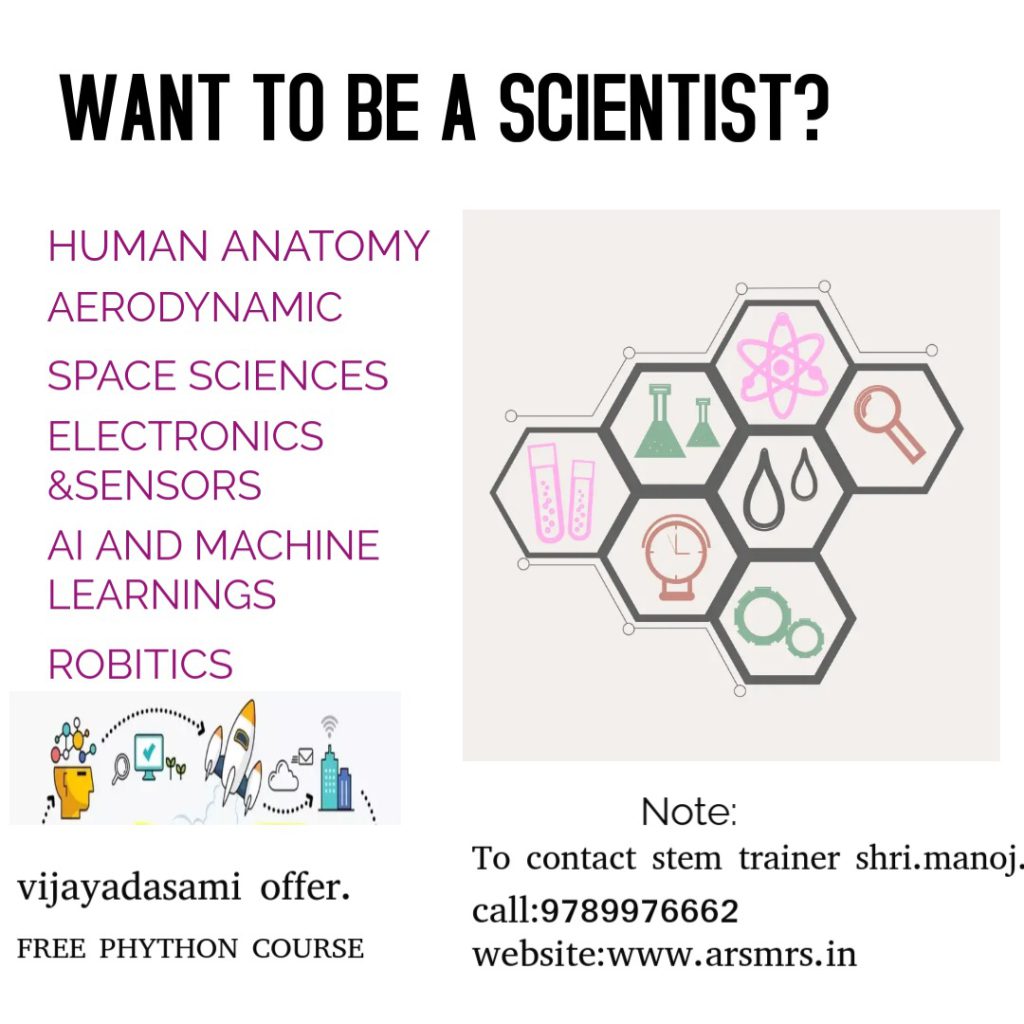In look for a STEM tutor?
Start learning today with the best online tutor! Whether you’re looking for help with homework, test preparation, or exploring advanced topics, I’m here to support your learning journey every step of the way!
AI &ML
R
Today a Reader , Tomorrow a Leader.
How it all works
Contact us through mail or mobile.
1
About the tutor
Tutor details.
2
Schedule your lesson
Lessons and subjects
3
Start the journey
Data and time of studies
Human Anatomy
Understanding the Human Body at an Early Age. Learning about human anatomy allows students to explore the inner workings of their own bodies. By understanding organs, systems, and body functions, they: Gain insight into health and wellness. Build a foundation for future careers in medicine, healthcare, or biology.
- Understand how diet, exercise, and lifestyle choices affect their bodies.
AI and Machine Learning
Empowering Future Innovators with AI
Artificial Intelligence and machine learning are transforming industries. Early exposure to AI concepts helps students:
- Understand the technology behind smart devices, apps, and robots.
- Explore how machines learn and make decisions.
- Build skills that are essential for future careers in technology, data science, and automation.
Robotics
Designing and Building Intelligent Machines
Robotics introduces students to the exciting world of building and programming robots. Through robotics, students:
- Learn the principles of engineering, mechanics, and computer science.
- Enhance their creativity and problem-solving abilities.
Explore future careers in automation, manufacturing, and space exploration.
Basic Chemical Reactions
Unveiling the Magic of Chemistry
Learning about chemical reactions at a young age introduces students to the fascinating world of chemistry. Students can:
- Understand how substances interact, creating new materials.
- Experiment with basic reactions like mixing vinegar and baking soda.
Develop an interest in scientific experimentation, leading to careers in chemistry, pharmacy, and research
The World of Physics
Understanding the Fundamental Laws of Nature
Physics helps students discover how the world works, from gravity to electricity. Early exposure to physics offers students:
- A chance to grasp fundamental concepts like force, motion, and energy.
- Hands-on experiments that nurture curiosity and scientific thinking.
- A solid foundation for further studies in engineering, technology, and research.
Human Anatomy
Aerodynamics teaches students how objects move through air, the key concept behind airplanes, rockets, and cars. Early knowledge in this field helps students:
- Discover the principles of flight.
- Develop an interest in aviation, space exploration, and engineering.
- Build problem-solving skills by exploring forces such as lift, drag, and thrust.
Space Science
Exploring the Universe Beyond Earth Space science ignites curiosity about the vast universe. Learning about planets, stars, and galaxies offers students:
- A glimpse into the mysteries of space.
- Opportunities to explore topics like space travel, satellites, and the solar system.
- A pathway toward careers in astronomy, astrophysics, and space exploration.
Electronics & Sensors
The Building Blocks of Modern Technology: Understanding electronics and sensors at an early age is key to innovation in today’s tech-driven world. This subject helps students:
- Learn how electronic devices work.
- Create basic circuits and explore sensors used in phones, robots, and computers.
- Develop interest in engineering, robotics, and IoT (Internet of Things).
Learn it online anywhere, anytime!
Why Learn These Topics at an Early Age?
- Fostering Curiosity: Early exposure to scientific concepts fuels a child’s natural curiosity and eagerness to learn more.
- Building Critical Thinking: These subjects teach students to observe, analyze, and solve problems in creative ways.
- Enhancing Academic Growth: Early learners of these topics often excel in STEM (Science, Technology, Engineering, and Mathematics) fields later in life.
- Developing Future Career Interests: Understanding these topics helps students discover potential career paths in technology, medicine, research, engineering, and space exploration.
- Practical Life Skills: Whether it’s understanding the human body or basic physics, these subjects offer practical knowledge applicable in everyday life.

